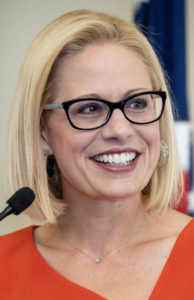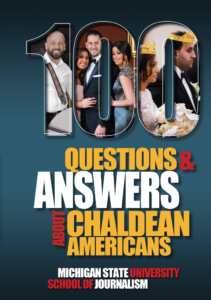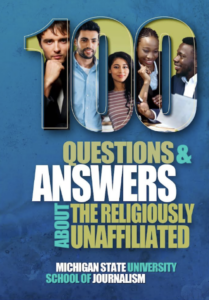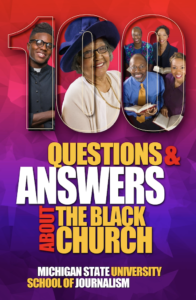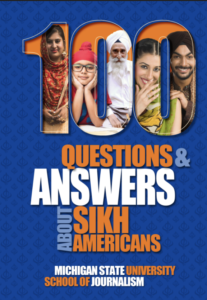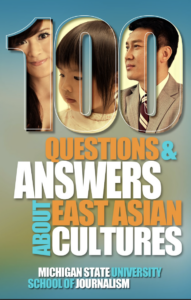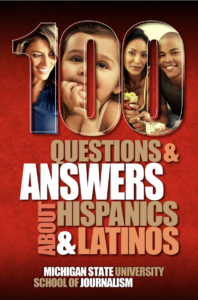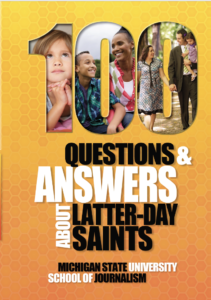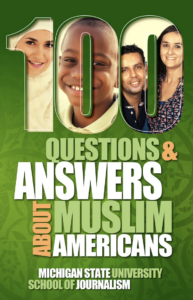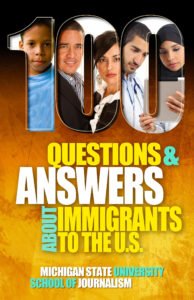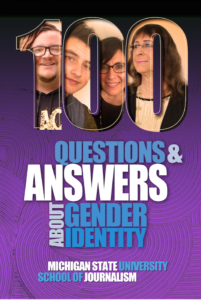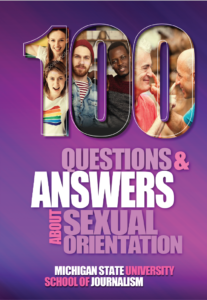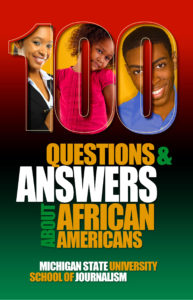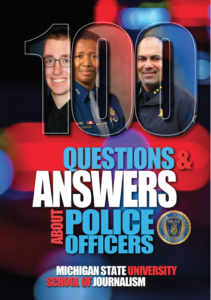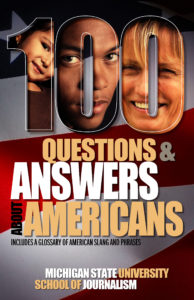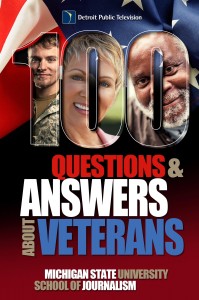Krysten Sinema of Arizona announced this week that she will not seek re-election to the U.S. Senate.
The move has stirred election year speculation about what this will mean for the balance of power in Washington, D.C. Sinema announced in late 2022 that she was quitting the Democratic party and would be more centrist as an independent senator unaffiliated with either major party.
Some of her votes displease people on both sides of the aisle, of course, and she has been referred to as “a party of one.”
Politics is not the only area where Sinema is unaffiliated. She is also religiously unaffiliated, someone who does not subscribe to a formal religion, a person some researchers categorize as a “none,” as in “none of the above.”
The Pew Research Center says 28% of the country is that way. So, it is unusual that only one person in the U.S. Senate claims no religious affiliation. Some just won’t say, but most declare one religion or another. Religion is not the issue as political pundits try to forecast what Arizona voters will do with her seat. However, the religious issue is noteworthy.
That the U.S. Senate will soon have zero people who claim no religious affiliation in a country where 28% of the citizens say that means something. In the U.S. House, Rep. Jared Huffman, D-California, has identified himself as a humanist who is non-religious.
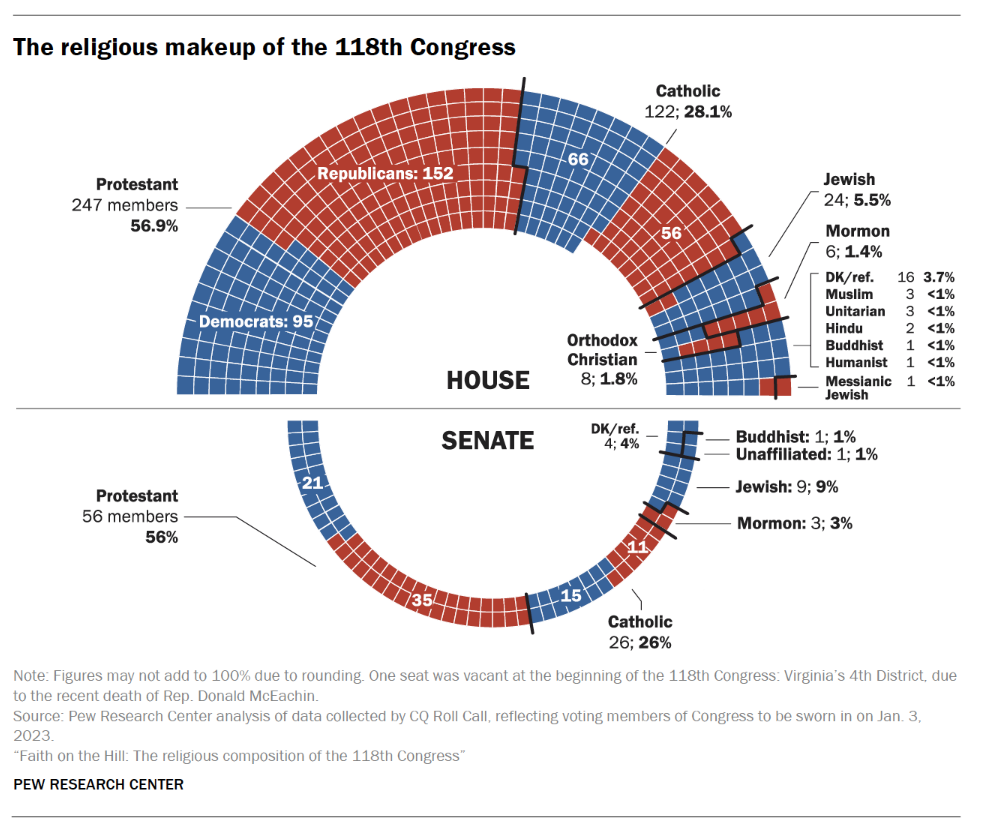
Religious makeup of 118th Congress does not reflect makeup of the country. Source: Pew Research Center
Also this week, the Michigan State University School of Journalism published the latest guide in its Bias Busters series: “100 Questions and Answers About the Religiously Unaffiliated: Nones, Agnostics, Atheists, Humanists, Freethinkers, Secularists and Skeptics.”The scarcity of nonreligious people in Congress seems to be in step with reports of discrimination against unaffiliated people.
In a January article published by Cambridge University Press’ “Politics and Religion,” Wayne State University professor Ewa Golebiowska wrote, “nonreligious candidates are generally disadvantaged compared to religious candidates.” She found that this is worse for people who describe themselves as atheists or nonbelievers than for secularists.
In some states, people are still required to take of belief in God to vote or hold office. These are not enforced, but remain on the books and are raised. They can make people feel unwelcome in a country that values freedom of religion. They might be looking for an ally in the Senate.
Nonreligious people report discrimination beyond the civic arena. People have reported rejection by family, community, in education and the workplace.
As a consequence, they try to hide their beliefs, avoiding awkward conversations and situations and, in some cases, faking religiousness.
Will this change? Frank Newport, writing for the Gallup News, thinks it is. He postulates that it may be “more culturally acceptable now to state publicly that one does not have a religious identity than it was decades ago.”

